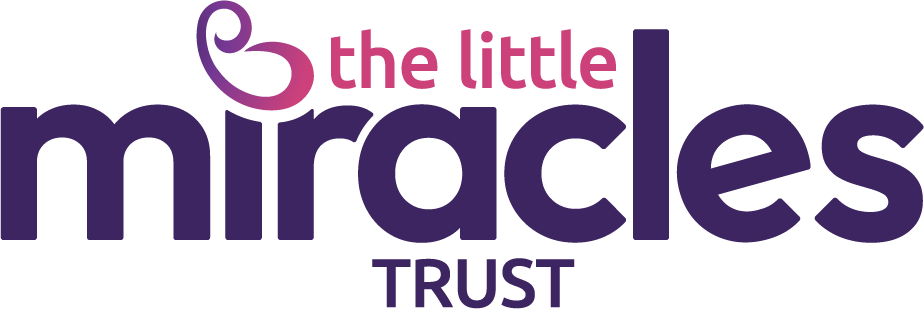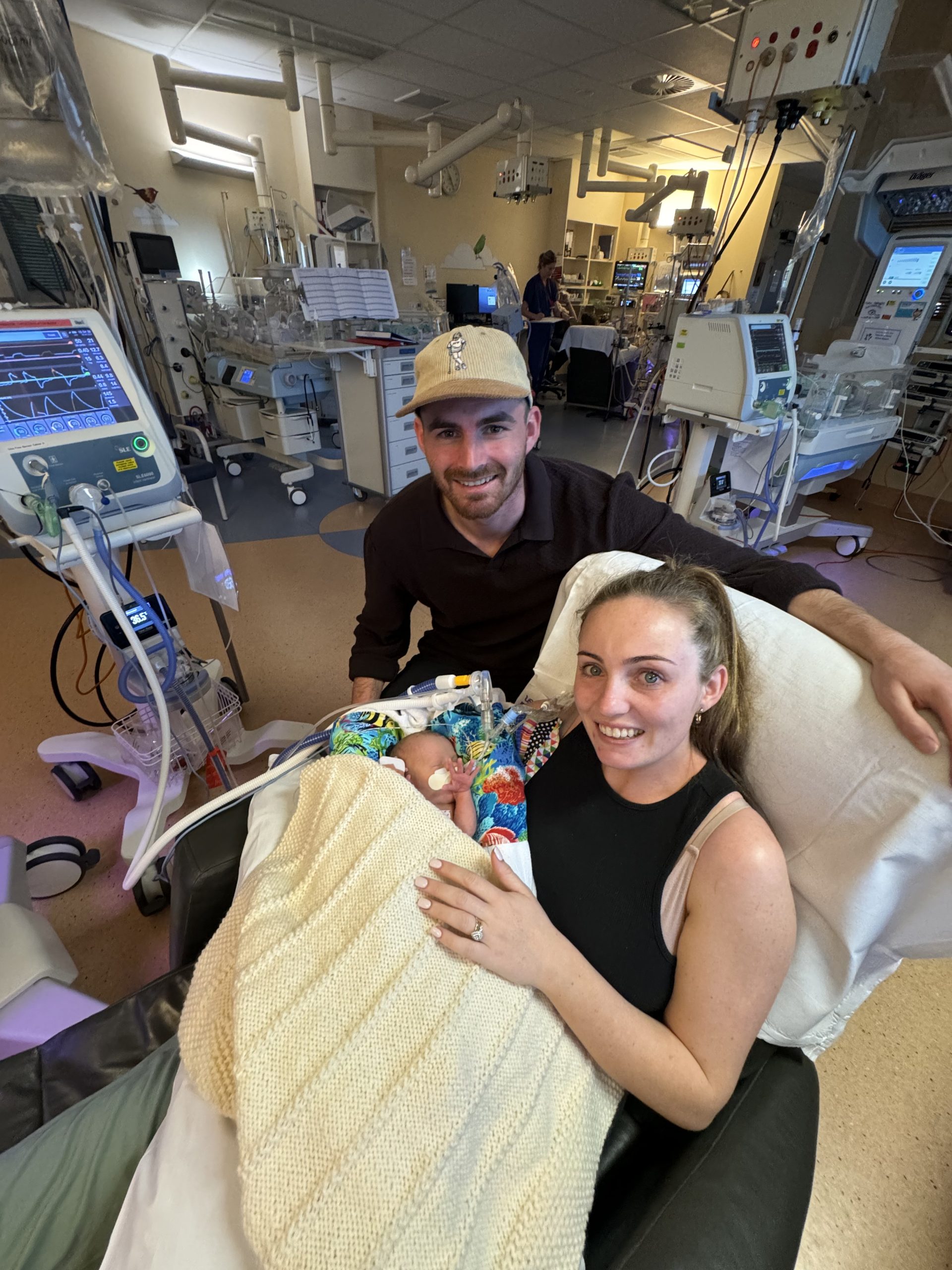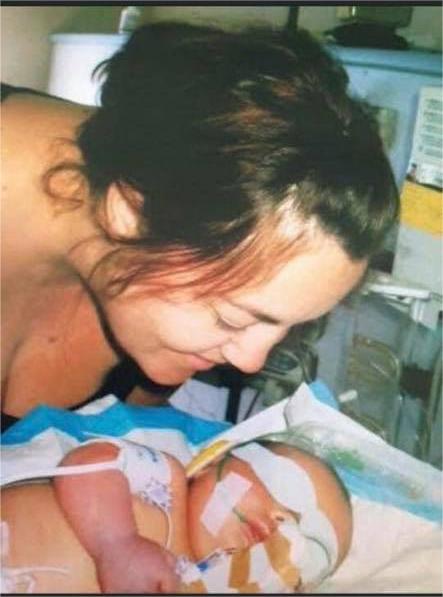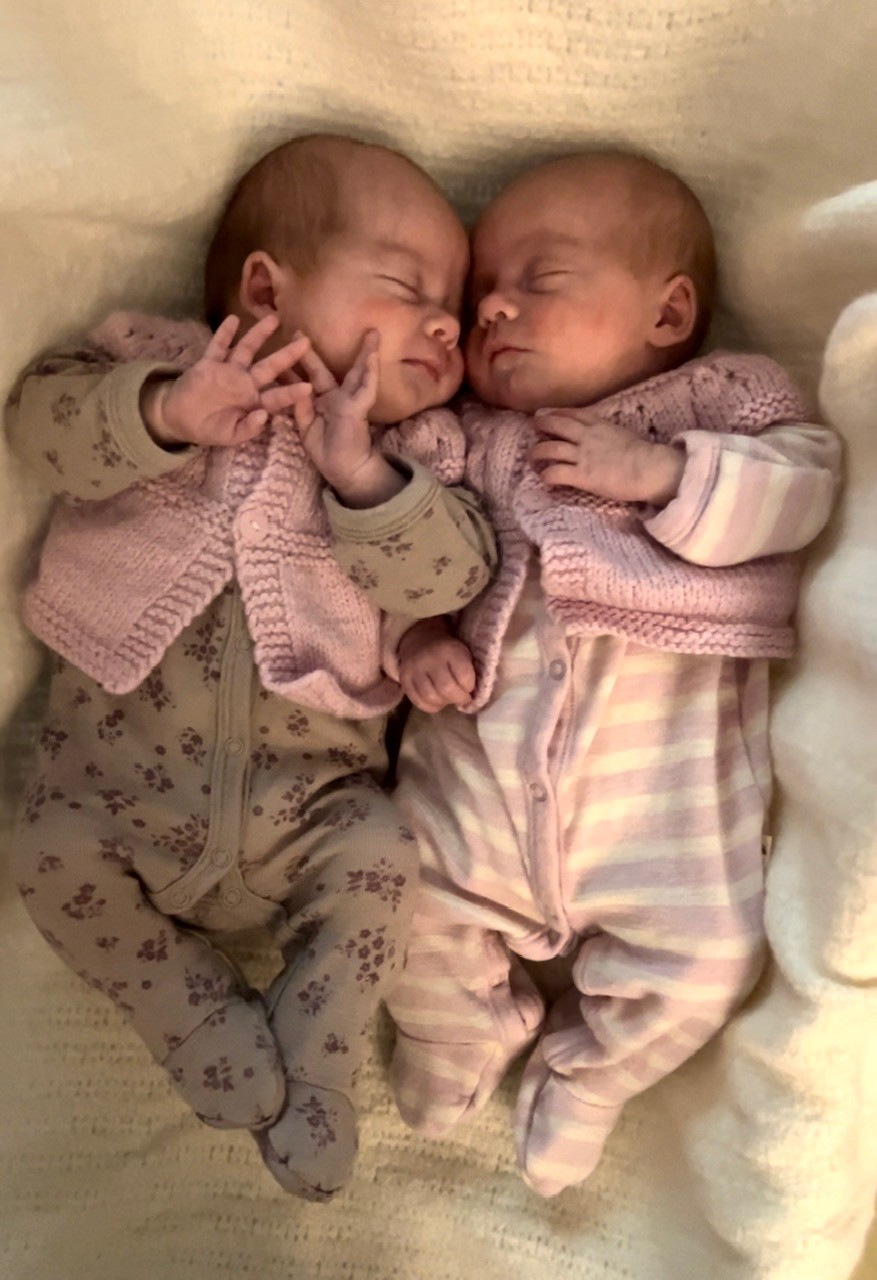Supporting world-leading neonatal research
The Little Miracles Trust is proud to support neonatal research, as it creates enhanced outcomes for thousands of future neonatal babies. Note: All research we support has appropriate ethics sign off.
A good example is the world leading research into the early care of neonatal babies undertaken by Dr Max Berry and her team. The long term view is being looked at, with the differences in circumstances and care – and how these can impact their life beyond the Neonatal Intensive Care Unit (NICU) and/or Special Care Baby Unit (SCBU).
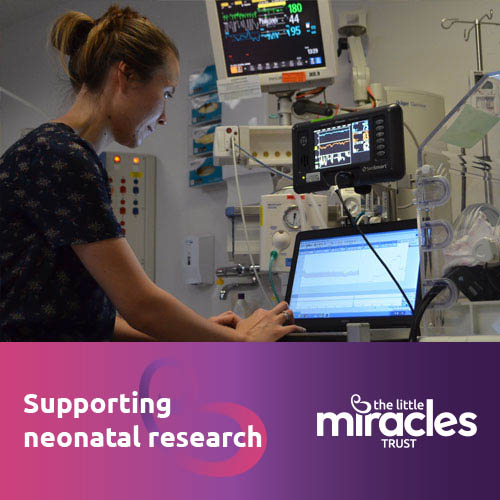
Here’s some specific insights into the research being undertaken:
- The ‘Unicorn babies’ study is underway to better understand the incidence of premature babies having some sort of brain injury. The impact of preterm-associated brain injury varies enormously between children but we know that it increases their risk of going on to develop complications such as cerebral palsy or learning difficulties. Learn more here about a specific study into the role of creatine and brain development.
- Dr Max Berry and her team of researchers and clinicians are undertaking some remarkable work into the enhanced understanding of the long-term impacts of prematurity using data to assess the trends in the long term outcomes for premature babies.
- View this video from 1News on the World leading research we’re supporting – this on blood transfusions, and the best way to enhance effectiveness. The video features Maria Saito-Benz (pictured to the right) and Dr Max Berry.
- Learn more here about the observational studies underway: ‘NIMO for Anaemic Infants (‘NIMO-AI’)’. This research looks into how treating anaemia (a very common problem for preterm infants) with blood transfusion changes the oxygen levels in a baby’s brain and other organs.
- In 2017, at the Perinatal Society of Australia & New Zealand’s annual scientific meeting, Maria Saito-Benz was awarded the New Investigator Award for Neonatology for a superb presentation describing NIMO-AI and her results to date. Read about this here.
- A recent Otago University article provides an insight into her work, including looking into the effect of nutrition in the first month of life
- An insight into the world of neonatal research can be read in this story from the Generosity Journal (which is produced by the wonderful One Percent Collective). Handily for those who like to print and read, here’s a PDF version as well.
New Zealand is lucky to have world leading practitioners working on neonatal research. One of these is Dr Max Berry who holds the dual roles of:
- Consultant Neonatologist with Capital & Coast District Health Board – working in the Wellington Neonatal Intensive Care Unit (NICU), and
- Senior Lecturer in Paediatrics and Child Health at the University of Otago, Wellington.
Read more about Dr Max Berry and the different research programmes here
Supporting enhanced care, by providing a patient voice
In addition to supporting clinical research, we help to get a ‘patient voice’ and direct feedback from those who have been on a neonatal journey. For example, contributing to a working group aiming to better understand the information and care given to parents of very early babies (those aged 23 to 26 weeks gestation). Having a patient voice is an important step in identifying improvement opportunities and ensuring consistency of approach and messaging.
Like what you see?
The Little Miracles Trust is proud to support neonatal research. Increased understanding and enhancements to clinical care will help thousands of babies for years to come.
- To learn more about our support, you can view this gallery of examples
- If you would like to support the work of The Little Miracles Trust, you can make a donation here
- If your organisation looks to support good causes, we’d love to hear from you on info@littlemiraclestrust.org.nz
– Some examples below.
Working with Partners
We often work with Partners who have a desire to support research. Through fundraising events and intiatives, we have helped to purchase particular equipment, consumables, etc to ensure that the research can meet its objectives. Examples of this include:
- Working with ICAP to purchase a Bioamplifier to measure brain blood flow and collect data at a very granular level.
- Both the PwC Charity Relay and NZFMA Charity Ball helped to purchase NIRS probes and provide other support for the research of Dr Max Berry. As a guide to the expense involved with this critical research, the specialist Near-Infrared Spectroscopy (NIRS) probes needed for the care and monitoring of extremely premature babies are $200+ EACH. Moreover, due to the heightened risk of infection (premature babies have under-developed and compromised immune systems) the probes can only be used for one baby.
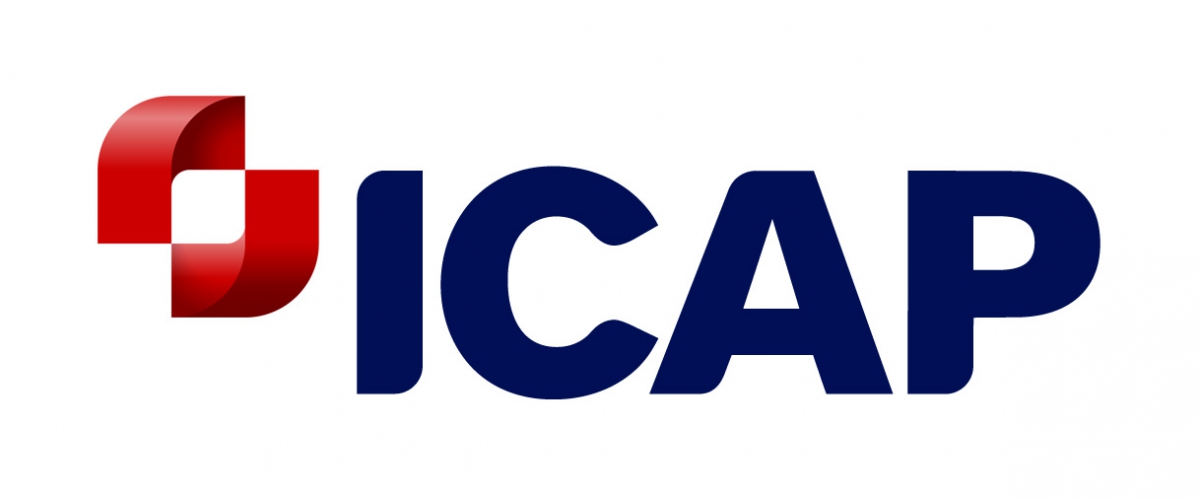


Latest News
Maya – Our Greatest Gift
As told by mum, Maddie My husband and I were thrilled to be expecting our first baby one year into our marriage. While my pregnancy started with severe sickness that improved by the second trimester, I became increasingly concerned when I didn’t feel my baby move....
A Recount Of Ollies Birth
As told by Mum, Kelly Ollie was born at 40 weeks and 2 days, but his arrival into this world was nothing like I had imagined. Having experienced a drug-free birth with my first child, I felt prepared. Yet this time, from the start, something felt different. The...
Double the Love, Double the Fight: Our Prem Girls
As told by mum, Tayla My husband, 2 year old son and I live in Whangarei and were excited to be pregnant with our second baby. After a very easy first trimester we turned up to our 12 week scan to find out I was carrying identical twin girls! It was a huge shock...
